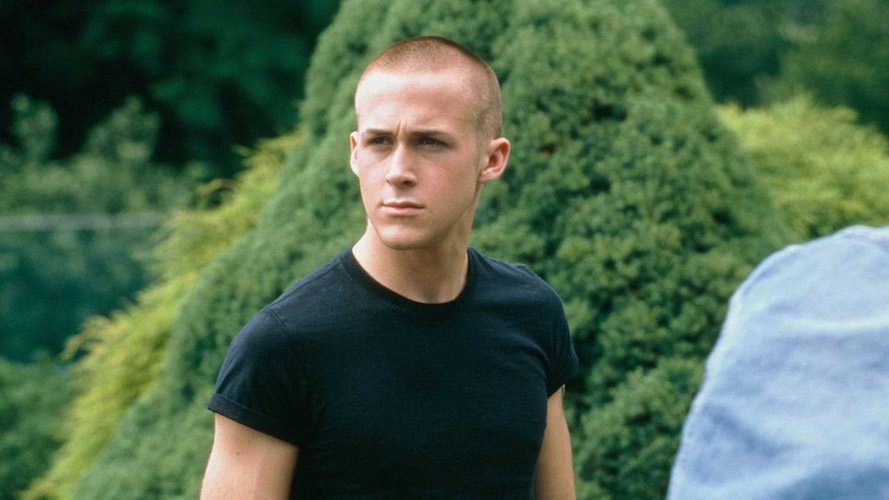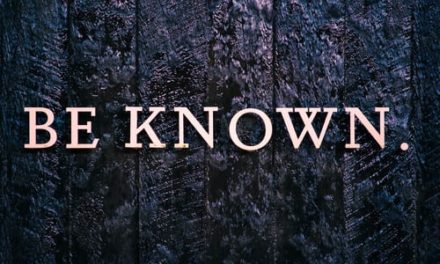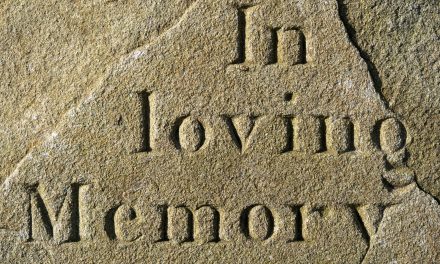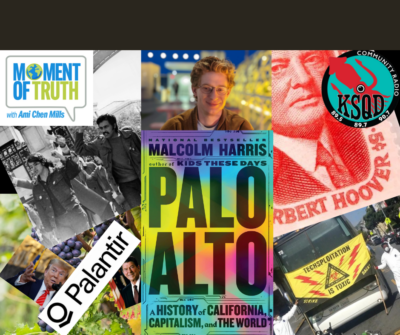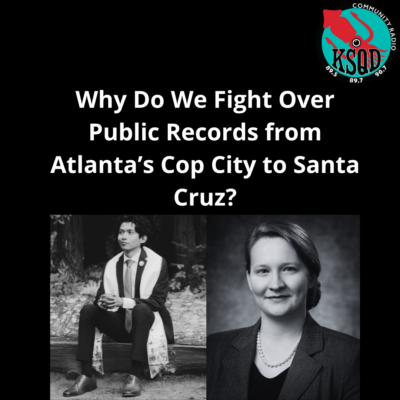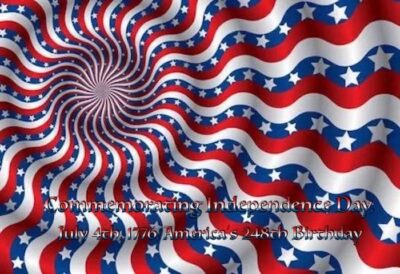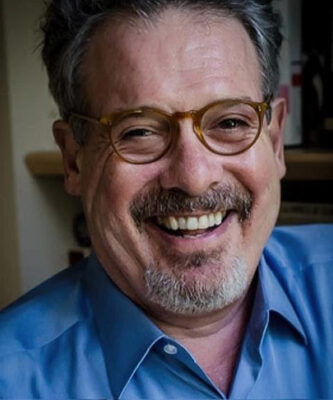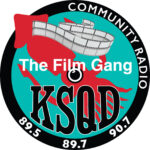
In the mid-1960s, the New York Times published an exposé on Dan Burrows, a member of the American Nazi Party. As one might expect, Burrows held a deep-seated hatred towards Jews. What made his anti-Semitism so newsworthy was that Burrows kept his cultural heritage a closely guarded secret. Burrows, the New York Times revealed, was in fact a Jew himself. Forty years later, Hollywood scribe Henry Bean wrote a screenplay inspired by Burrows’ story and used it for his directorial debut, resulting in the 2001 Sundance Film Festival’s prize-winning movie, The Believer. But don’t be surprised if you haven’t heard about it. Due to its provocative premise, The Believer failed to secure enough investors for a full theatrical release, relegating it to a television broadcast on Showtime. But that didn’t stop the accolades, which included the TV Program of the Year award bestowed by The American Film Institute.
The Believer may be two decades old, but its unflinching look at domestic extremism couldn’t be timelier. Ryan Gosling stars as Daniel, a neo-Nazi skinhead in his early twenties who keeps his Jewish ancestry hidden. Daniel is extremely intelligent and articulate, but also hate-filled and simmering with rage; he engages in street fighting with such relish, he’d fit comfortably within the milieu of Kubrick’s A Clockwork Orange. Hoping to graduate from petty street thuggery, Daniel attends a meeting organized by older, more disciplined fascists. He tries to convince them to assassinate a high profile Jewish banker, but to no avail. However, the fascists, headed by Theresa Russell and Billy Zane, are so impressed with his silver-tongued arguments, they recruit him as a spokesperson, which gives Daniel the opportunity to network among like-minded militants in pursuit of his violent agenda.
The roots of Daniel’s self-radicalization are revealed in flashback. As a child, Daniel is shown arguing against the status quo with precocious theological arguments, vehemently pontificating that the God of Judaism is a “power-drunk” bully, and the fear of transgressing against such a deity has resulted in a legacy of passivity and victimhood among the Jewish people. It’s later inferred, by the diatribes he dispenses as a young adult, that as he matured and learned more about Israel, Hitler, and the Holocaust, he cherry-picked historical data to bolster his warped perspective that Jews are feckless cowards and must be eliminated, creating an irreconcilable conflict between who he is and those he hates.
Ryan Gosling is flat out phenomenal as Daniel. He was only nineteen when shooting began, and The Believer was only his second adult role. Perhaps a desire to prove himself explains his laser-focused intensity, long before his acting style became so internalized that spotting a discernible emotion can be more challenging than finding Waldo. Gosling takes full advantage of The Believer’s compelling story to deliver an unforgettable psychological portrait of a man who is literally his own worst enemy. Twenty years on, the issues highlighted by The Believer are more relevant than ever as conspiracy theorists and hate groups continue to propagate, threatening everything from democracy to global health. In Schindler’s List, Ben Kingsley famously quoted from the Talmud, “Whoever saves one life saves the world entire.” The tragic conclusion of The Believer shows that the opposite is also true.
For KSQD’s Film Gang, this is Paul Kanieski

